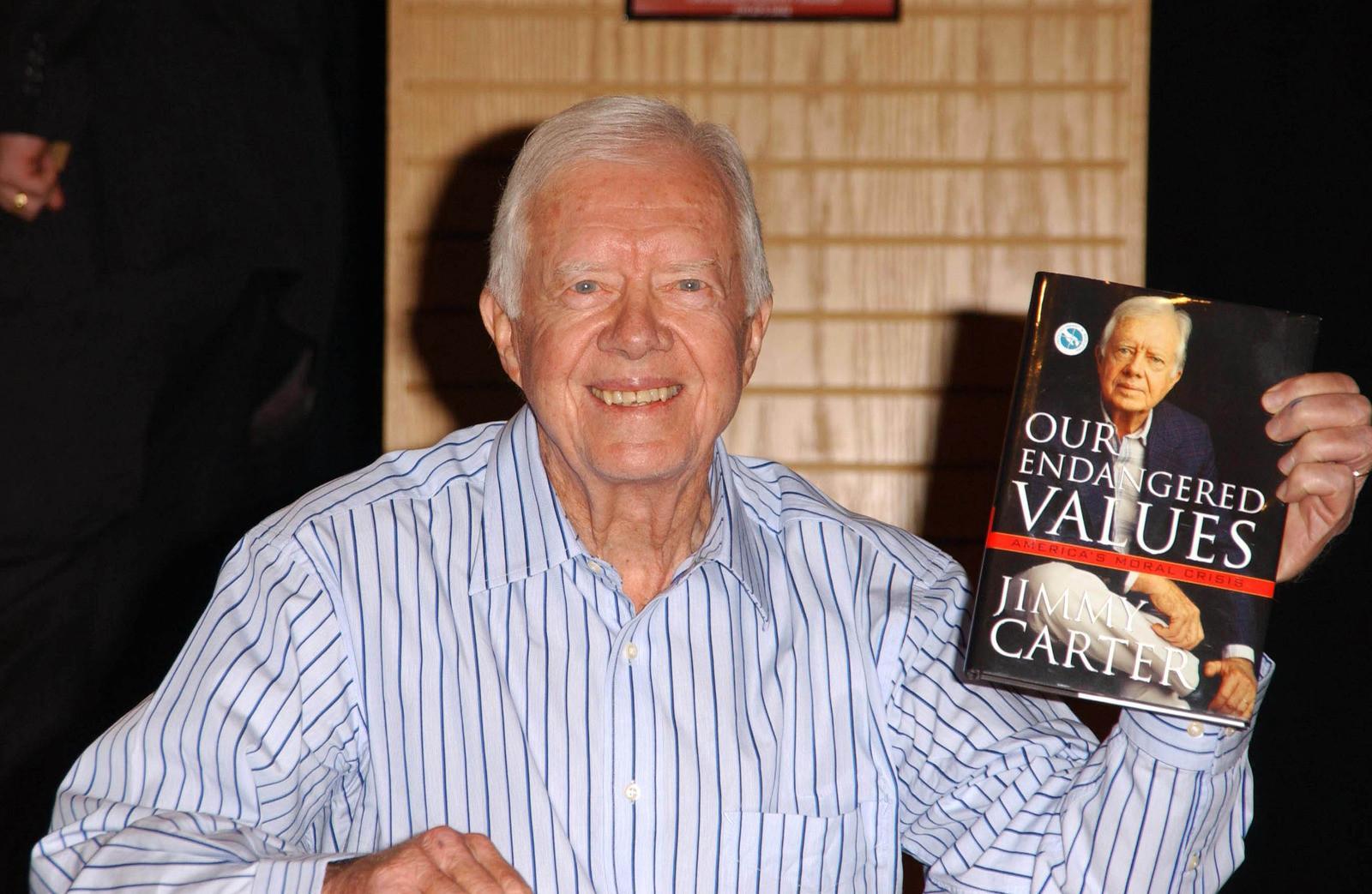As the nation pays its respects to President Jimmy Carter lying in state in Washington, D.C., this week, Americans reflect on his remarkable life and enduring legacy. Carter, who passed away shortly before the new year at the age of 100, is perhaps best remembered in the education community for his transformative decision to establish the U.S. Department of Education in 1979. By elevating education to a federal cabinet-level priority, Carter sparked both admiration and controversy, leaving a profound and lasting impact on the nation's education system.
The creation of the Department of Education marked a pivotal moment in American history. By unifying federal education programs under one roof, Carter sought to address systemic inequities and ensure equal access to quality education for all students. “Education is a fundamental right,” Carter once declared, emphasizing the federal government’s responsibility to promote fairness and opportunity in schools nationwide.
Reflecting on Carter’s contributions, current U.S. Secretary of Education Miguel Cardona remarked, “President Carter organized vital federal education programs under one roof when he established the U.S. Department of Education, elevating equal access to education to the presidential cabinet level, where it belongs. Everything we do here at the department to raise the bar for America’s students is part of President Jimmy Carter’s lasting legacy.”
The federal government’s involvement in education dates back more thana century. In 1867, Congress established the original Office of Education to collect data and provide insights into the nation’s schools. However, concerns about federal overreach eventually relegated it to a minor agency within the Department of the Interior.
The 20th century saw a significant expansion of the federal role in education. Landmark Supreme Court decisions like Brown v. Board of Education (1954) cemented the government’s responsibility to enforce civil rights in schools. Additionally, legislation such as the Elementary and Secondary Education Act (1965) and the Higher Education Act (1965) provided critical funding for low-income schools and postsecondary education, respectively.
Despite these advances, federal education programs remained fragmented across multiple agencies, leading to inefficiencies and gaps in oversight. Carter’s advocacy for a centralized department culminated in the Department of Education Organization Act of 1979. Officially operational in 1980, the department assumed responsibilities including administering federal student aid, enforcing Title IX protections and promoting educational research.
Since its inception, the department has faced criticism, particularly from those who favor limiting the federal role in education. Critics argue that education policy is best handled at the state and local levels, while supporters maintain that a strong federal presence is essential for addressing disparities and ensuring equity.
Carter’s passing comes at a time of deep polarization in education policy. His establishment of the Department of Education was rooted in the belief that education is essential to democracy and deserves robust national support. Despite ongoing challenges, the department remains a vital instrument for addressing disparities, enforcing equity and expanding access to learning opportunities.
As debates over the department’s future intensify, Carter’s vision endures as a reminder of the federal government’s role in leveling the educational playing field. Advocates for equal access and opportunity continue to draw inspiration from his legacy, ensuring education remains a national priority. His unwavering commitment to fairness and opportunity set a high standard, one that continues to guide efforts to achieve educational equity across the United States.

